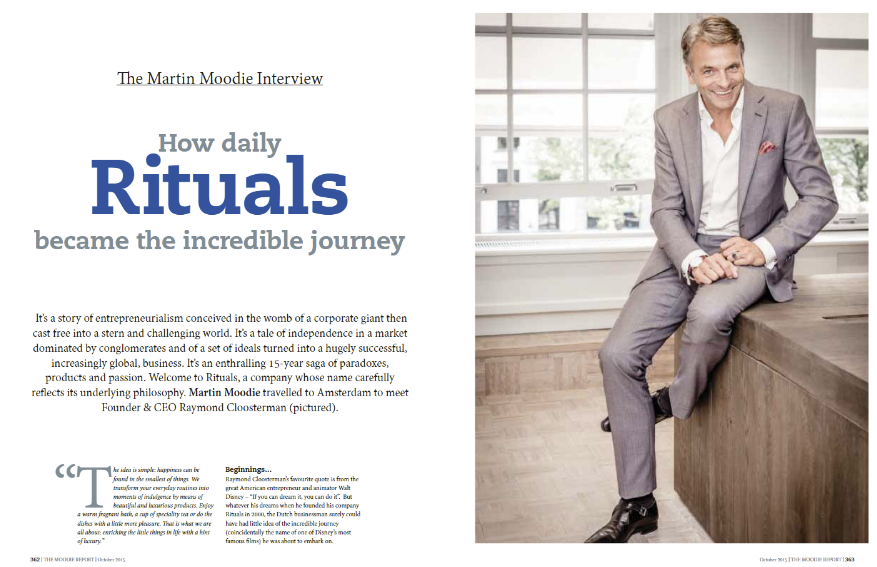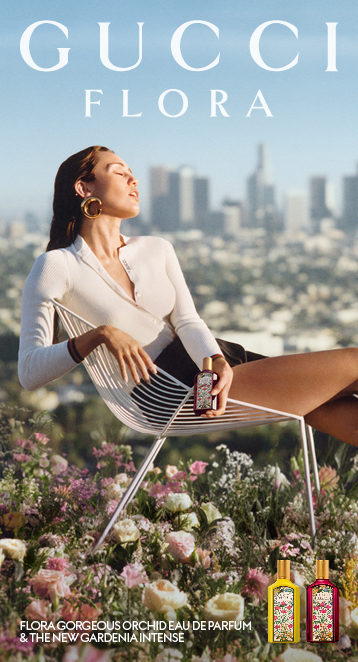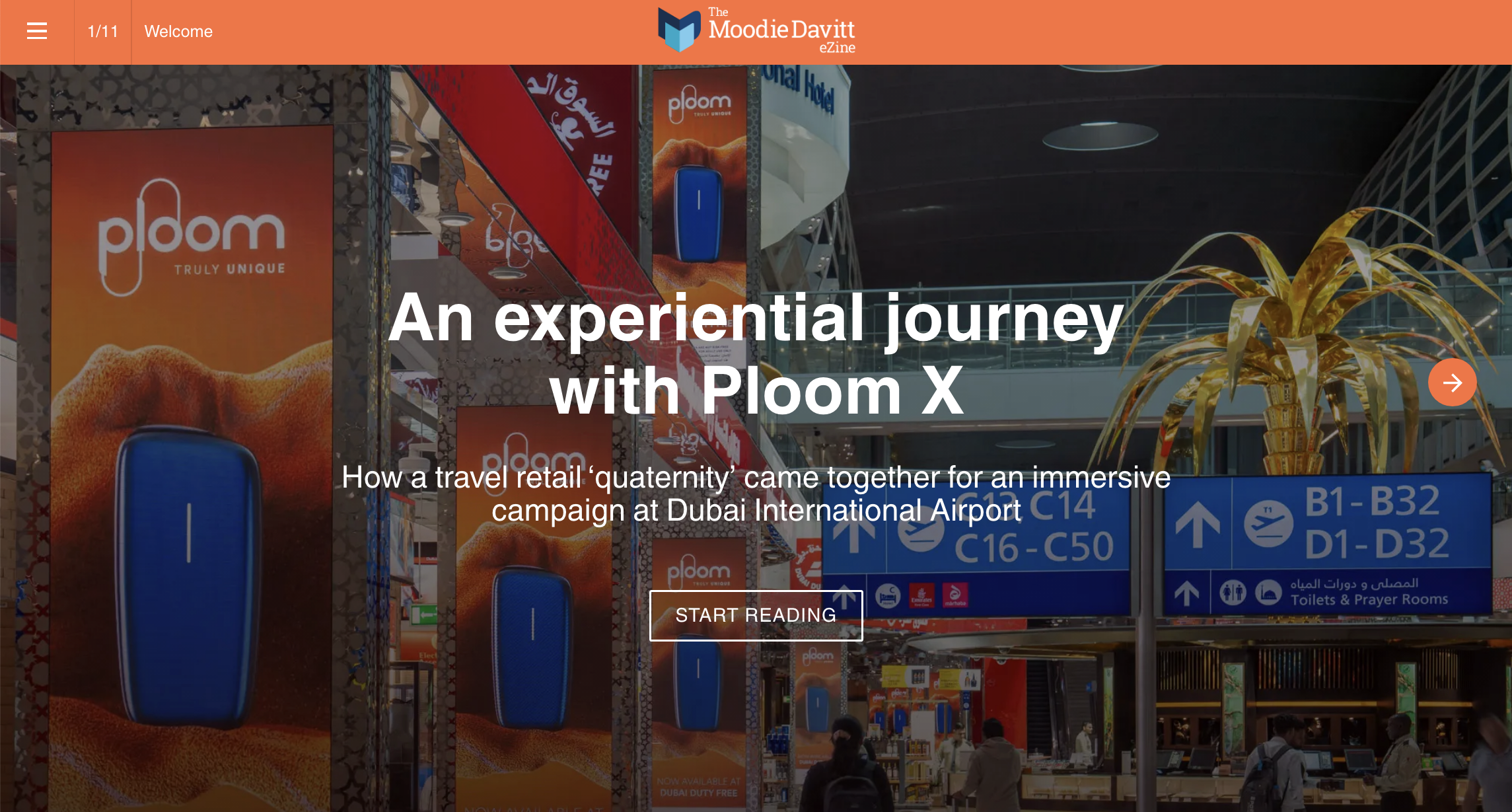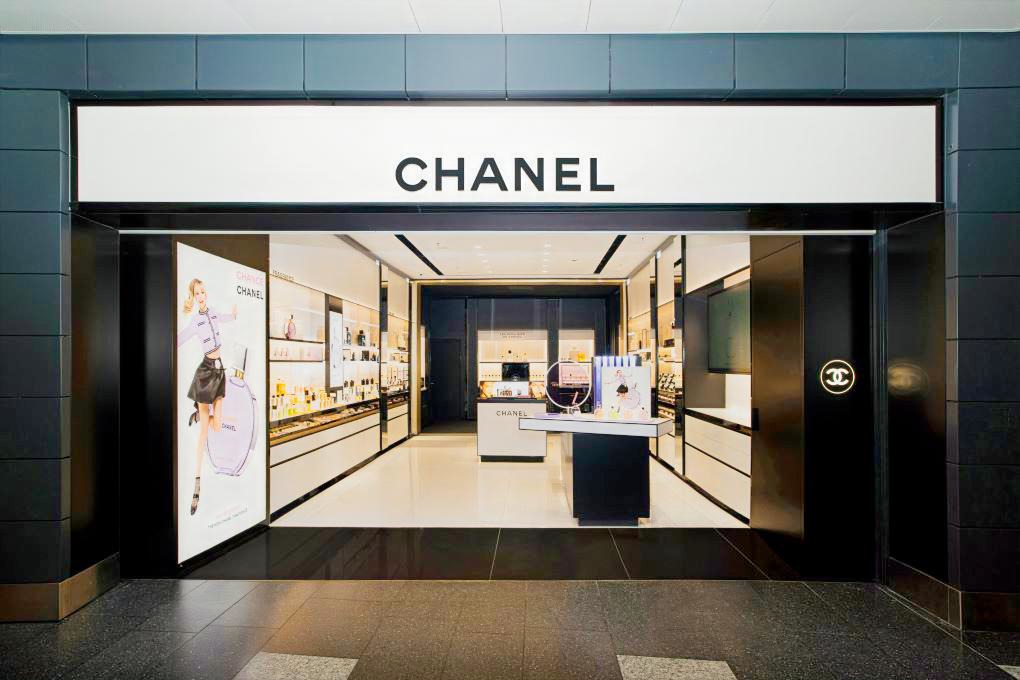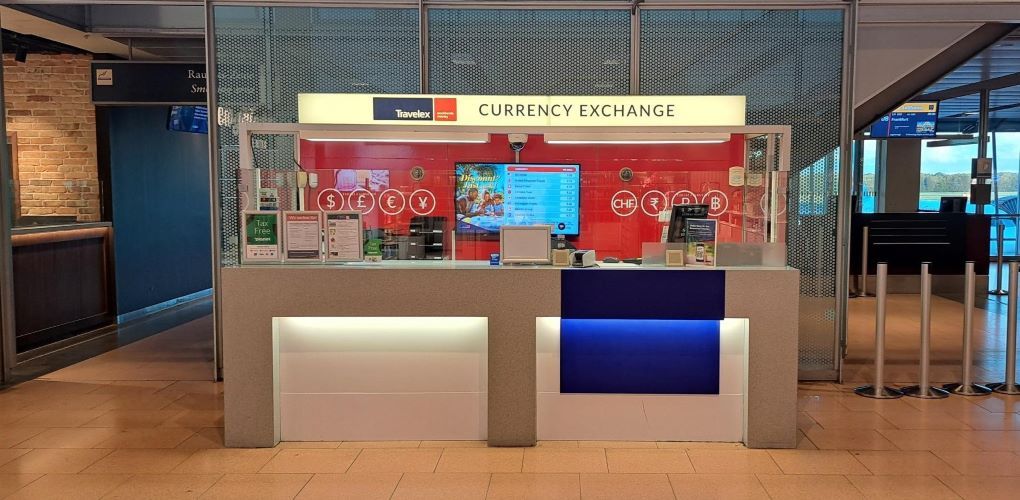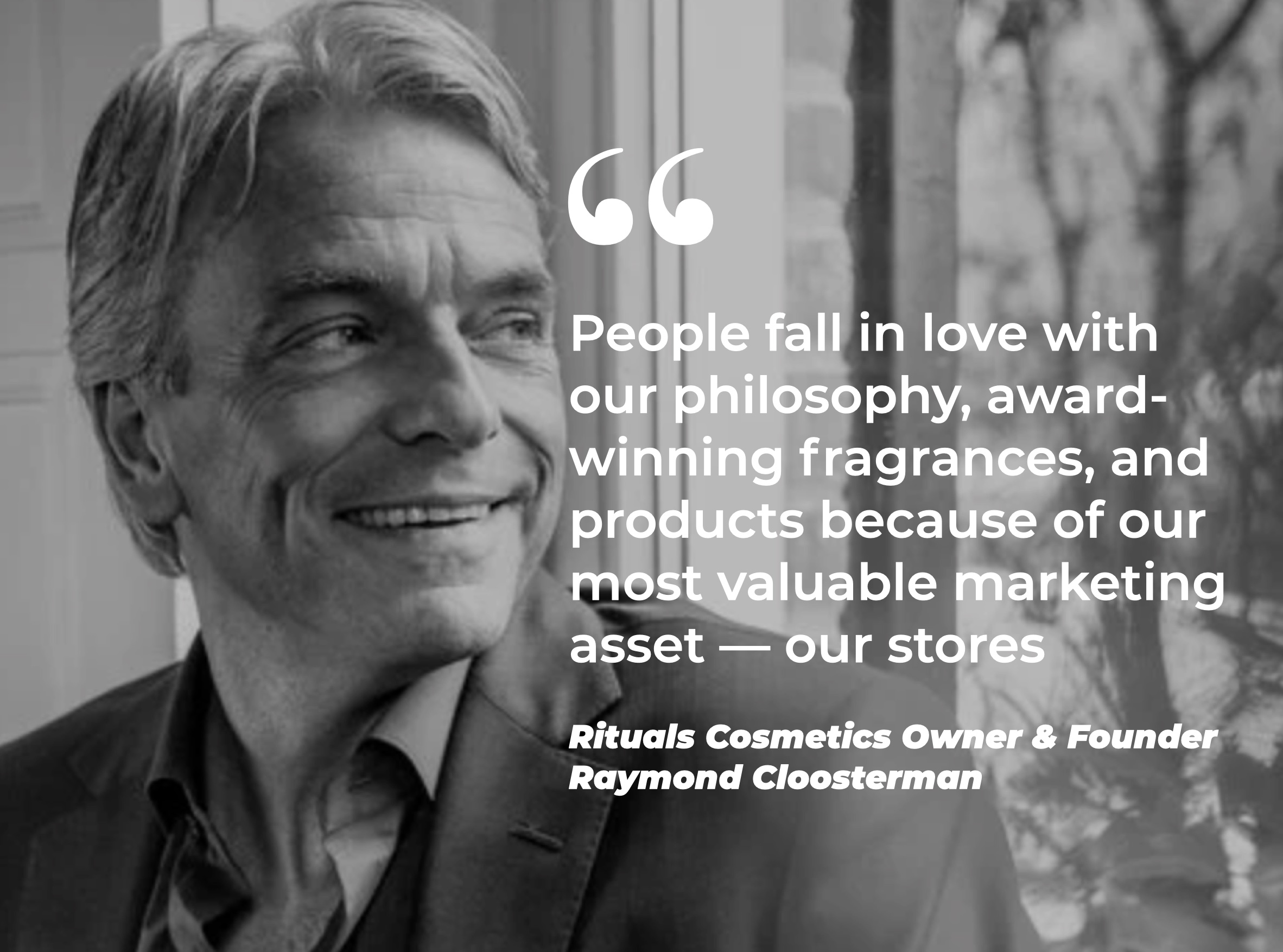
Introduction: Raymond Cloosterman is Founder and CEO of Dutch wellbeing house Rituals, a charismatic entrepreneur who has driven the company’s impressive 22-year rise from a hopeful start-up in 2000 to a multi-national powerhouse today. Seven years on from a landmark first interview, Martin Moodie caught up with Cloosterman again in late 2022 to hear how Rituals had weathered the COVID-19 storm and what lessons he and the company have taken from it.
“Better than ever.” That’s the perhaps surprising summary of Ritual’s state of health from Founder & CEO Raymond Cloosterman after a global crisis that has battered most businesses and destroyed many. But Cloosterman, for whom being fleet of both thought and action is very much second nature, was never going to let that happen.
“I would say COVID was a blessing in disguise,” he says. “The first two weeks were like being hit by a train. But then we started to become entrepreneurs again. We started to reshape the company and reinvent models because with all your stores closed for so many months, you have to do something.
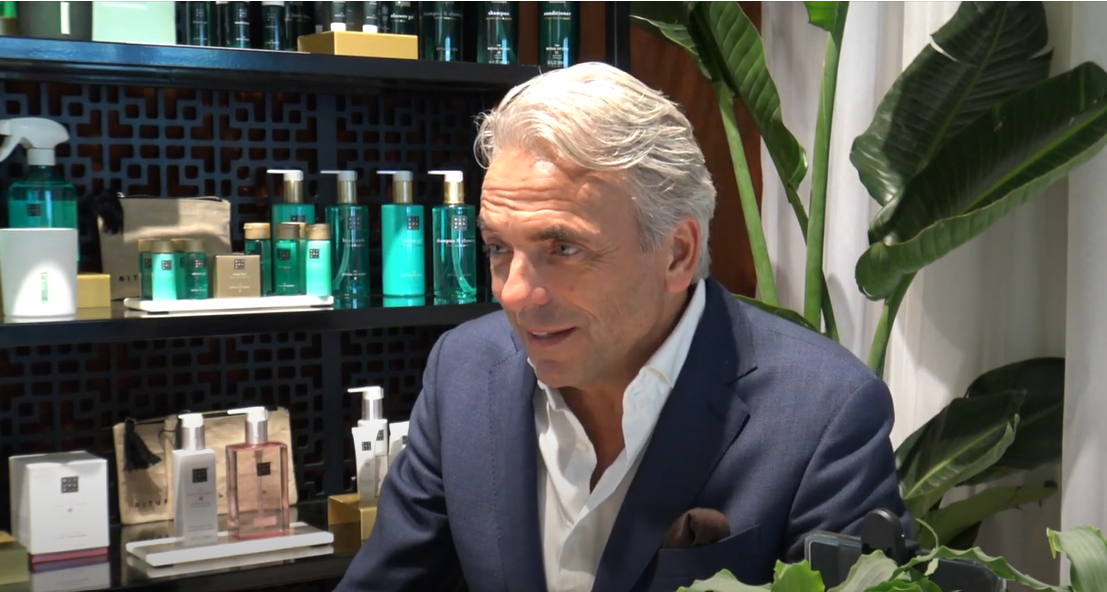
“I think we are very privileged that everybody got energy from that challenge,” he continues, noting that the company was able to pivot fast, particularly in terms of digital enhancements, new treatments and services. A home delivery programme in The Netherlands, for example, meant that after a customer ordered online, the item would be promptly packed along with a written message and immediately delivered by bicycle.
“All these little things started to happen due to COVID and are now part of our existing business,” Cloosterman comments. “So we used the crisis to reinvent ourselves, to sharpen everything we were doing. And then when the wind started to change, we were in really good shape.
“Even in COVID, we kept on investing. So even in the worst year we opened 50 stores. And we opened our flagship – a House of Rituals – in the midst of COVID when nobody was allowed in the streets, which was pretty courageous, but we said ‘OK, this is going to go away. This is the time to invest.’ So that way we could benefit from day one [of the recovery]. With that mentality, we’ve been able to steer through it. That resulted in both top and bottom line terms keeping growing through COVID. So it was quite exceptional.”
{Raymond Cloosterman gives a guided tour of the House of Rituals opened on Amsterdam’s famous Spui square in October 2020 at the height of the pandemic}
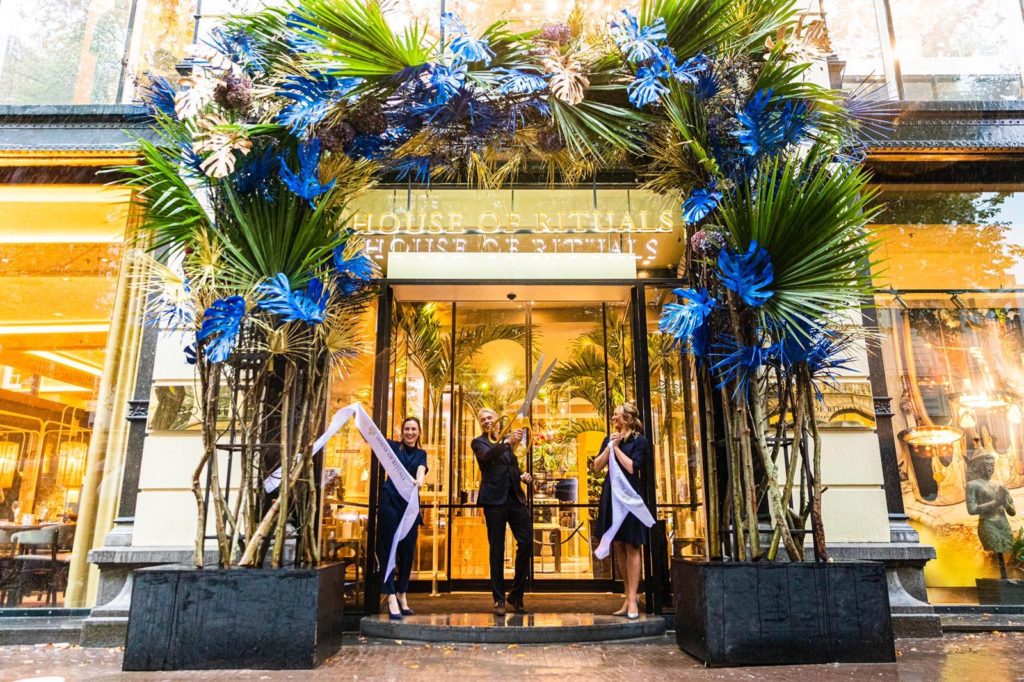
Indeed. So what was the mindset of the man – who by dint of vision, courage and heavy personal investment in both monetary and time terms had created such a success story – when he realised the sheer ferocity of the challenge posed by COVID?
“That was pretty concerning,” he recalls. “I mean, it feels that everything you’ve built up in 20 years could be gone instantly. That shows how vulnerable you are as an individual, as a human being and as a company. So that was quite a shock.
“But on the other hand, we also experienced how close you get as a management team when you have to steer through trouble like this. In fact, a few colleagues said these were the best years of their careers, because this was about becoming real entrepreneurs, supporting each other and taking decisions quickly. This is the kind of tension you sometimes need to get the best out of yourself.”
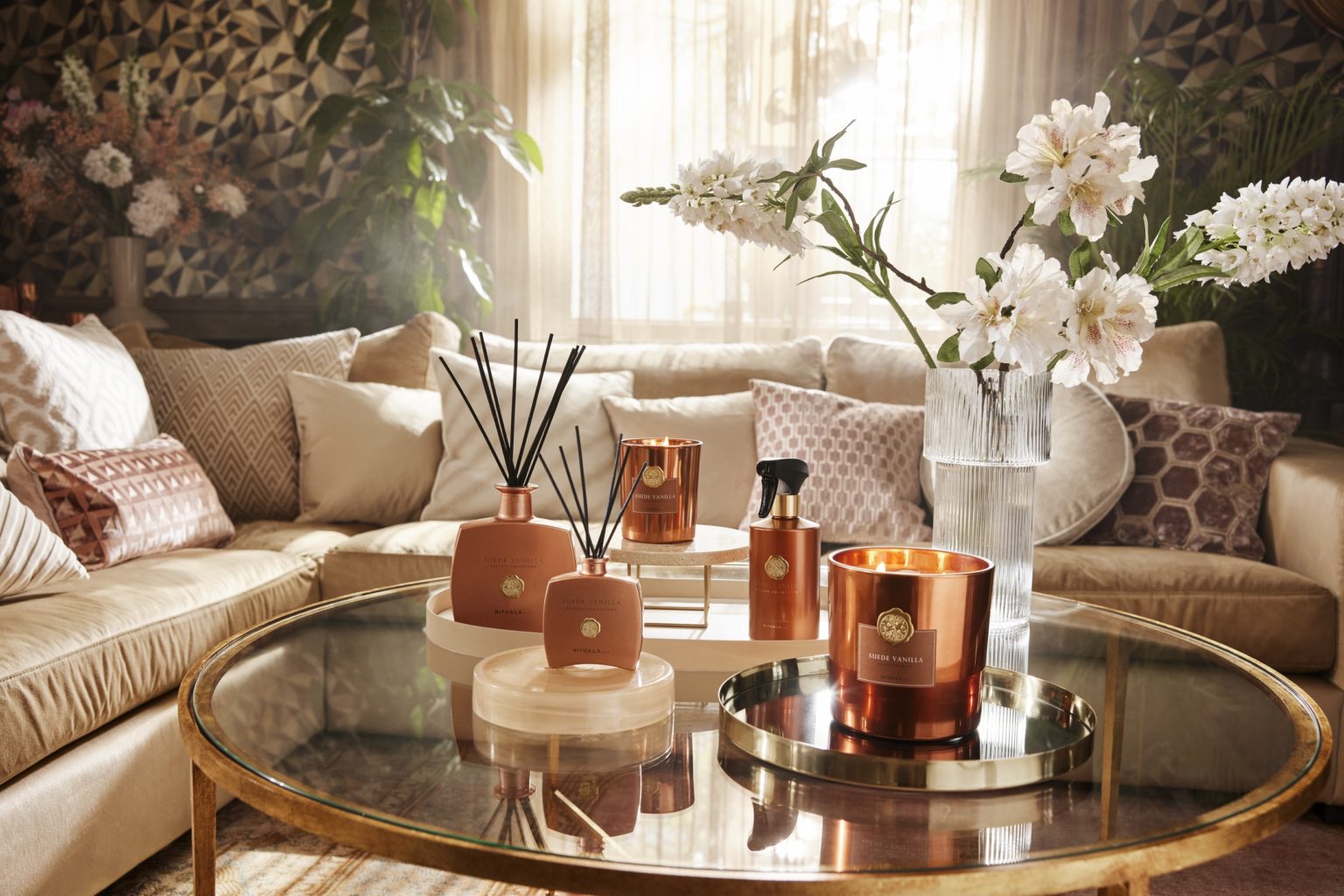
Travel retail – hard hit but rebounding strongly
The conversation moves to travel retail, a long-time cornerstone of the Rituals business both as a volume and value driver and an international showcase. Because of the pandemic’s impact on travel markets and border closures, it was hit harder and longer than any of Rituals’ other sales channels. What did that mean to the company and how does Cloosterman assess its state today?
“If I speak for Rituals, it is bouncing back like never before, so that’s good news,” he replies. “Of course, we are an omnichannel business. So we have our own stores, a few thousand shop-in-shop locations and a very strong digital footprint. We also have travel retail and those four channels together help us build our Rituals brand.
“So we need all four. They’re not equally important in terms of turnover but they’re equally important to me in terms of building a brand image. And when one of those four channels collapses, that’s really painful.
“We were very lucky that we had three other ones to rely on,” Cloosterman continues. “That has saved us because if you’re only working with one channel, there’s no escape… so our risks were hedged. But emotionally it’s been tough, especially for the team. They spent so much time, energy and passion building up the travel retail business. And that’s a people business, where you have long-term relationships of trust, flowing step by step.
“If such a process is put on hold for two years, that’s painful. But we were happy last year that we could come back to Cannes, though not everybody was there yet. But this year [2022], it was looking good again.”

The travel retail recovery has not been linear and it has been marred by largely unforeseen challenges around airport capacity issues and supply chain management. The latter has been a particularly formidable dilemma for Rituals , Cloosterman admits, in terms of supply of product ingredients and packaging.
“It annoys me a lot but that’s life,” he says. “We have a supply chain relying on maybe 100 different factories… and they are relying upon their 40 or 50 suppliers. So in a whole chain, you’re very vulnerable. For a professional company like ours, which is like a Formula One car, everything is fine-tuned and therefore everything should be on time.
“So one day or one week late is messing up the whole programme. That means a lot of firefighting from the marketing departments, from the supply chain and from everybody involved. It’s not easy and it’s a bit like a perfect storm.”
That storm hits retail from several directions, Cloosterman says. “First your cost prices go up. Then the energy prices go up. And because the energy costs go up, the landlord says ‘Hey, inflation plus 10%, rent plus 10%.
“So for retailers out there, it will not be a very easy time over the next couple of years. And we don’t know yet how to cope with that. We’re taking action, of course, but you cannot push everything through to the consumer. Because we have a very precious price position to protect, it is a fair price… and that’s a dilemma.”

In 2015, on the occasion of Rituals’ 15th anniversary celebrations, Cloosterman quoted his favourite business adage, “If you can dream it, you can do it”, attributed to the great American entrepreneur and animator Walt Disney. That dream – to become a global lifestyle brand in home and personal care underpinned by key social principles – has perhaps been fulfilled to a degree he could barely have imagined when he set off down an unknown road in 2000. Does it still burn bright?
“That dream is still there, the fire is still burning,” he responds. “Because we’re not there yet. We have become successful in Europe where we are one of the fastest-growing beauty brands. But there’s still so much for us as a company and as a brand to discover.
“My dream for the next 20 years is really taking us to the next level from being a mindfulness brand to becoming a global wellbeing brand. We are well-suited and well-positioned for that. That’s the future.”
Conquering new geographies will be critical to making that leap, Cloosterman says. “If we can make it here in Europe, then we should also be able to make it in other parts of the world. That’s the adventure waiting for us. And we’re doing it right now – we’re in the US, we are successful in the Middle East and we’re moving into Asia.
“So the momentum is there for the brand. We want to grow but our biggest issue is not to grow too fast in case we blow everything up. That was a problem through years five, six and seven. And actually, it’s still a challenge.”
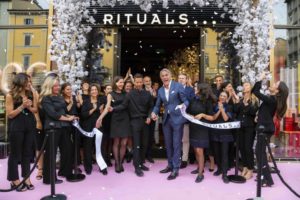
In our first interview back in 2015, Cloosterman said a key challenge as the company grew was to retain the innate entrepreneurial spirit that had sparked its initial success but “in a bigger body”. Fast forward seven years and Rituals is super-sized in comparison. Same question then. Can the company maintain that essential spirit of adventure that has underpinning it for so long?
“If you talk about challenges for a company like ours, it is culture,” Cloosterman notes. “When you’re small, you have an agile culture, and when you onboard, say, 10 percent new people, you’ll find that you don’t need to talk about culture. We never spoke about culture – it was there in our veins, it was everywhere.”
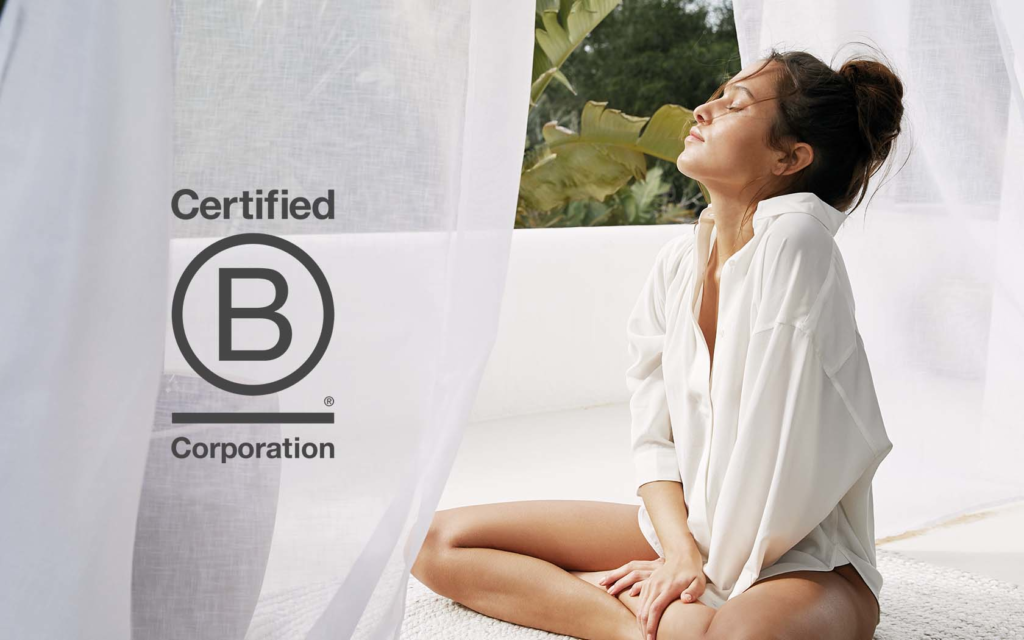
But scaling up as fast as the company has over recent years means that extra attention must be devoted to culture, he says. “Yes, we want to keep a small company mentality in this big company body. And we do a lot about that. Part of it is leading by example, showing that we care. So when I’m in stores, I start fixing the lights, putting the products in place and talking to customers.
“It’s this kind of mentality I think everybody in our team should have. Because we learned from day one that every customer counts and that’s the mentality which is still present.”
The company runs two-day ‘Root Camps’ for new store and office staff, where they are imbued with the Rituals culture, values, and way of working. Cloosterman smiles as he describes taking part, delivering “history lessons” from stage. “I feel like an old man as I take them through the first weeks where nobody entered our store and when we were really happy to say that we had a customer.
“That mentality is one that should really drive us. The bigger you get the more difficult it is but so far so good.” As he says the words, he knocks on the wooden table in the time-honoured manner of one expressing hope for good fortune. One suspects fulfilling Raymond Cloosterman’s dream won’t require too much knocking on wood but simply a continuation of the business and social principles that have driven Rituals’ remarkable journey to date.
Cloosterman articulated his personal business ethos beautifully in an in-house interview last June. “When you’re building a global brand like Rituals you have to strive for perfection: all the way, every day. And you have to do that with passion and a healthy dose of obsession.” There you have it. Even the obsession is underpinned by wellbeing. ✈




